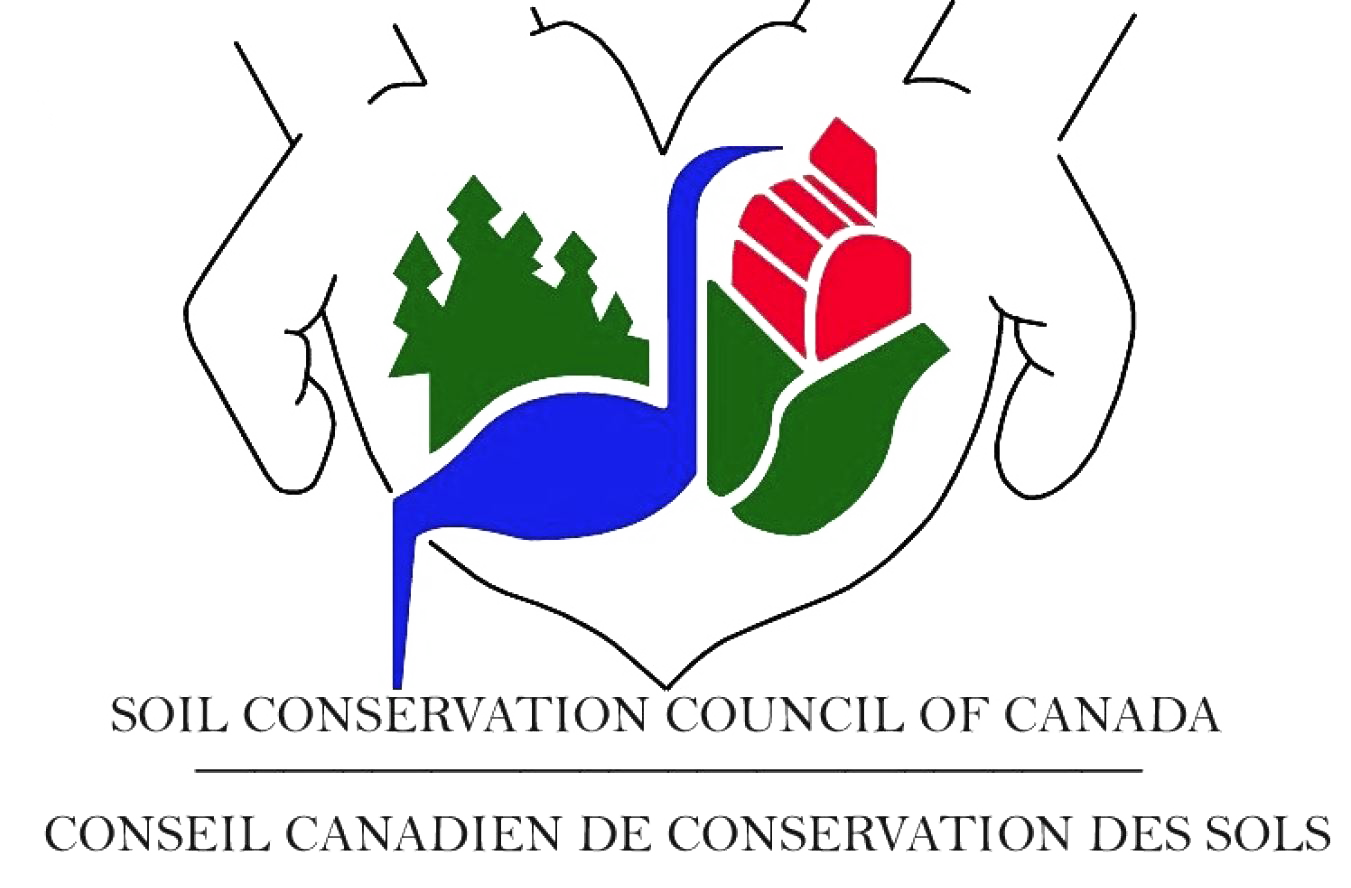When multiple partners come together for a common goal – it’s hard not to listen to what they have to say. That is the case now as a broad-base of stakeholders from across Canadian agriculture have partnered to drive the future of farm sustainability forward. This group is standing out as leaders in soil health, and they are advocating for a list of pragmatic recommendations that our country’s decision-makers can act on now.
Embracing climate-resilient practices, nature-based solutions and enhanced productivity is the vision that the Soil Conservation Council of Canada along with our partners at Ducks Unlimited Canada, Canadian Wildlife Federation, Canadian Cattle Association, Canadian Federation of Agriculture, CropLife Canada, Canadian Forage and Grassland Association and Fertilizer Canada presented to Agriculture and Agri-Food Canada ad they developed the next Agricultural Policy Framework. And at the heart of this is soil.
